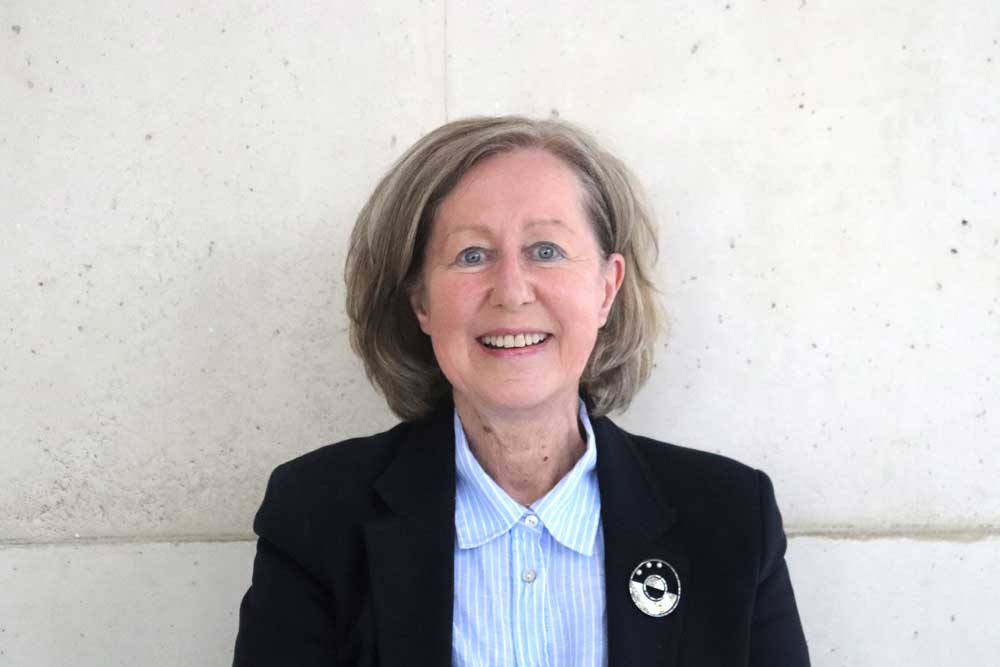NeuroIn focus on neurodevelopmental disabilities, genetic susceptibilities, neuroinflammation and ageing causing homeostatic imbalance and predisposing to neurodegeneration. We investigate how glial phenotypes, neuro-immune deregulation, and paracrine distress lead to disease onset/progression. We aim to identify early biomarkers for non-invasive diagnosis, generate patient-specific stratification tools for disease modeling, and improve healthcare.
Targeting intercellular communication in neurodegeneration and neuroinflammation
Our goal is to unveil CNS disease mechanisms associated to amyotrophic lateral sclerosis (ALS), Alzheimer’s and Parkinson’s diseases (AD/PD), gliomas, HIV, and addictive disorders, exploring immunophenotypic aberrancies, paracrine signaling and miRNA-vesicle trafficking, using imaging and omics. We seek to discover early pathological drivers for risk-stratified treatments, autologous therapy, and precision medicine. We foster translation of our research to clinics.
Behavioral and cognition dysfunctions by psychoactive substances
Our focus is to assess the short- and long-term neurotoxic and neuroinflammatory processes due to high use of synthetic cathinones.
Advanced disease modeling for neurodegenerative disorders
We aim to identify innovative targets and test therapeutic strategies using organ-on-a-chip platforms, as well as 2D/3D culture systems, based on neurons and glia generated from neural precursor or induced pluripotent stem cells (iPSCs) of sporadic/familial patients, and from humanized mice disease models.
Neuroprotective and neuroregenerative strategies
We are interested in identifying and testing molecules, senolytics, functional-cell improvers and cellular/exosomal/secretome miRNA-based therapies, as well as in developing drug-delivery vehicles that regenerate the intrinsic CNS defenses and homeostasis balance, thus preventing/reducing neurodegenerative processes.
- April 23, 2021
- Neuroinflammation, Signaling and Neuroregeneration
- July 14, 2020
- Neuroinflammation, Signaling and Neuroregeneration
- July 14, 2020
- Neuroinflammation, Signaling and Neuroregeneration
- June 13, 2017
- Neuroinflammation, Signaling and Neuroregeneration
- January 15, 2017
- Neuroinflammation, Signaling and Neuroregeneration

- Lab keywords:
- Extracellular vesicles; Neuron-glia communication; Neuro-immune regulation; Neurodegenerative diseases; Advanced disease modeling
- Primary area of ıntegration within imed:
- Neurodegenerative Disorders, Scientific Hub
- Secondary area(s) of ıntegration within imed:
- Emerging Technologies, Evidence-based Therapeutic Interventions, Health Care Sector, Technologic Hub, Translational Hub

